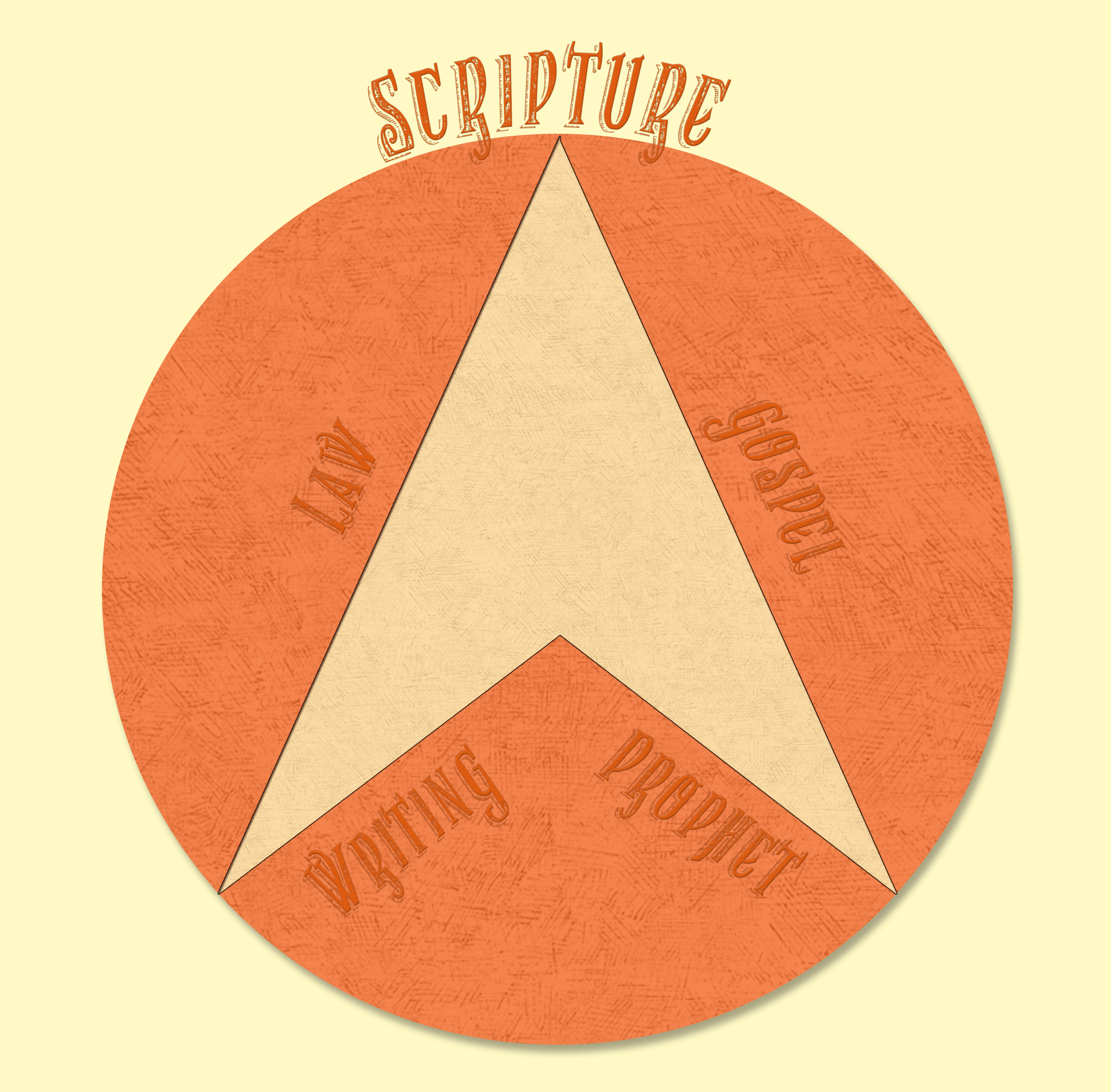Ever met someone quoting scripture and had the impression they’ve simply found a way to justify their craziness using the Bible?
Like the man who knew God wanted us to be poor because of Matthew 5.3? Or the woman who believed Peter murdered Ananias because of Acts 5.4-5? Or the professor who believed the U.S.A. was in Revelation because of the reference to the eagle in 8.13.
These people all had scriptures to “prove” their wack-o-sys. And, I suppose, some of their closer associations were convinced these people were onto something.
After all, if it’s in the Bible it must be true, right?
No. Nuh-uh. Sorry.
Finding one verse to support an idea is an insufficient basis for belief. Ideas must be tested. Scripture must be cross-referenced. Jesus must be interpreted in light of God’s promises to Israel, rather than in light of Fox News or Hollywood.
“The Old Testament is that which keeps us from making up whatever nonsense we wish about Jesus.”
N.T. Wright
The Bible is a vast and complicated collection of texts. In order to interpret it correctly, you need some basic skills. And you need to be able to find evidence for your beliefs in more than just one spot.
Here’s a good rule of thumb: whenever you come up with a bright idea, you should check to see if there’s corroborating evidence anywhere other than the spot where you last spilled your coffee.
In fact, Tomas Aquinas once taught that any substantive theology should find evidentiary support in the Law, the Gospels, the Writings (including the epistles and historical books), and the Prophets (including Revelation). If you can’t find at least one verse supporting your thesis in each of these major sections of the Bible, you probably shouldn’t start your own blog just yet.
This isn’t a hard and fast rule, but only a guideline. Nevertheless, this kind of rubric requires we both substantiate and balance our theological reflections. It makes us read the Bible in large chunks to ensure our ideas are consistent with the Story of God from cover to cover.
For example, we have to find ways to reconcile the harsh judgment of God with the self-sacrifice of God on the cross. We have to find ways to reconcile God’s patience with God’s holiness. We have to reconcile the rewards for righteous living with the undeserved gift of God’s grace. These are complex issues that seem totally contradictory at first blush, but with diligence and careful study we can bring them together.
When people introduce me to theological “innovations,” I often ask them to prove their claims across the spectrum of scripture. If they can’t, they are humbled by their lack of breadth. That humility is healthy. There’s a lot of Bible to know, and we all need to be reminded to do our homework before hanging our essays on the family fridge.
“Each of us has only 80% of our theology correct. The problem is, none of us knows which 80%.”
Len Sweet
Of course, just because we can’t substantiate our claims from across the entire realm of the scripture, doesn’t mean our ideas are worthless, only that they are not entirely proven. As such, they become good “pipe and bar” talk, not sound doctrine. They ornament, rather than orient, our faith. There’s nothing wrong with a little ornamentation, provided we recognize it as such. After all, I wrote an entire novel about a speculative theologian (David Mann, in The UnDwellable City) about whom I was quite fond. I just don’t think he died on the cross for my sins.
fossores
Related posts
Categories
Category Cloud
Tag Cloud
Recent Posts
- Victors and Victims November 6, 2018
- 3 Hacks for Happiness October 29, 2018
- Hope Against Death September 20, 2018
- The Shape Of The Cross September 19, 2018


